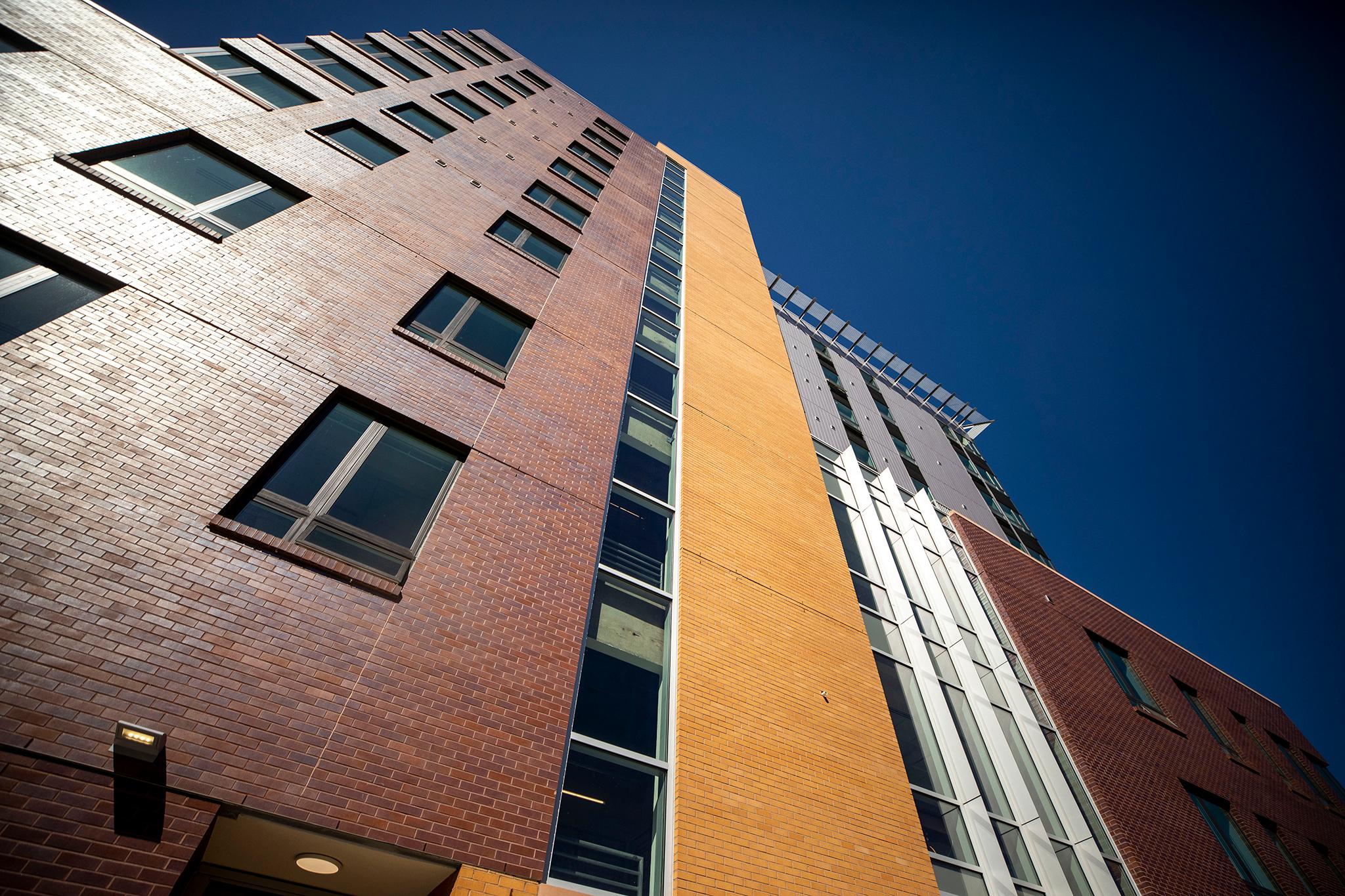Colorado is in the midst of a housing crisis. Homelessness is up. The dream of home ownership is out of reach for many. The Denver area alone is over 50,000 units of income-restricted housing behind what it needs. For the past decade, as the population has grown, the creation of new housing has lagged, driving prices even higher. This ballot initiative attempts to fund more affordable housing efforts and push local governments to do more.
Here's the language you'll see on the ballot for state Proposition: 123
Shall there be a change to the Colorado Revised Statutes concerning statewide funding for additional affordable housing, and, in connection therewith, dedicating state revenues collected from an existing tax of one-tenth of one percent on federal taxable income of every individual, estate, trust, and corporation, as defined in law, for affordable housing and exempting the dedicated revenues from the constitutional limitation on state fiscal year spending; allocating 60% of the dedicated revenues to affordable housing financing programs that will reduce rents, purchase land for affordable housing development, and build assets for renters; allocating 40% of the dedicated revenues to programs that support affordable home ownership, serve persons experiencing homelessness, and support local planning capacity; requiring local governments that seek additional affordable housing funding to expedite development approvals for affordable housing projects and commit to increasing the number of affordable housing units by 3% annually; and specifying that the dedicated revenues shall not supplant existing appropriations for affordable housing programs?
How it would work:
The money to fund the program would come from a tax that already exists -- basically, one-tenth of one percent on federal taxable income on individuals, estates, trusts and corporations.
Of the money generated, 60% would go to income-restricted housing programs and rent reduction; buying land for new income-restricted housing projects; and building assets for renters.
Then 40% of the money would support affordable home ownership, help people experiencing homelessness and support local governments' affordable housing programs. To receive that support, municipalities would need to speed up permitting approvals on income-restricted housing projects and commit to increasing the income-restricted housing stock by 3%. The law prevents local governments from replacing already existing funding with this money.
The money would be exempted from the state's revenue limit, meaning it would not be returned to voters if a cap was hit, as it would be under today's law.
Here's who's for it and against it.
Coloradans for Affordable Housing Now has spent over $4.74 million on the campaign and raised nearly $4.9 million. In the mix of supporters: Gary Ventures Inc., the National Association of Realtors, the Bohemian Companies, the Caring for Colorado Foundation, the Colorado Low Income Housing Campaign, and the Community First Foundation. Their main argument is that Colorado is in a housing crisis and more housing needs to be built for the workforce with public support now.
Opponents include Advance Colorado Action and the TABOR Foundation. They argue the policy is misguided, more market-rate housing needs to be built to address the crisis, and people need larger refunds guaranteed by the Taxpayer's Bill of Rights.











